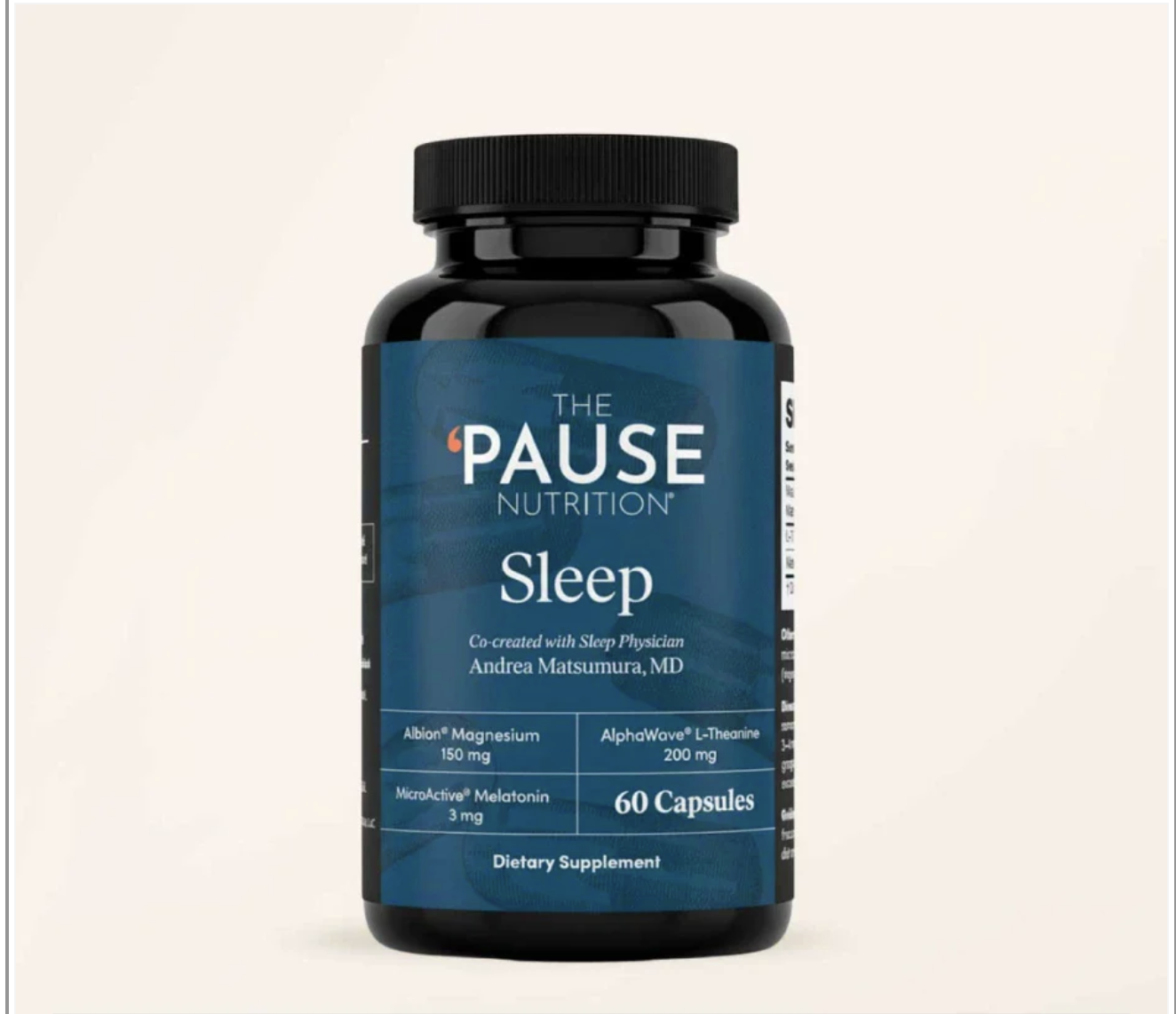Julie’s Favorite Products
*These are the products I use and love, and I’ve secured discounts for you for most of them, too!
Favorite Electrolytes (no sugar or artificial sweeteners)
These have eliminated my migraines! I used to suffer from terrible migraines, often accompanied by vomiting, but since I started using these, I haven’t had a single one. I’m so grateful for them. 75% of us are chronically dehydrated. Dehydration can cause symptoms like headaches, gut issues, fatigue, grogginess, brain fog, and skin problems. I love this liquid electrolyte because you can easily add it to any drink, and it’s free from ingredients linked to inflammation and disease, like sugar, stevia, dextrose, natural flavors, artificial dyes, and oils.
No Sugar, Sweeteners or Flavors | 3x Bioavailable Form Factor | Naturally-Balanced Electrolyte Ratios | Ocean Harvested Electrolytes | 87+ Ionic Trace Minerals | Vegan | Non-GMO Project Verified | Keto & Paleo Approved | Third Party Tested | 100% Microplastic Free
Save 20% With My Link.
Sleep Support
Helps calm an overactive nervous system, ease overstimulation, and restore natural sleep rhythms with gentle nutrients like magnesium, L-theanine, and melatonin—so you can relax deeply and wake feeling more balanced.
💜 Use my code JULIEB for 10% off
Apollo Neuro Calming Device
Many sensitive individuals have shared how much they love this device, praising its ability to reduce stress and improve resiliency and sleep. I find it incredibly helpful for things I’m nervous about, like dental procedures, moments of heightened anxiety, or when I wake up at night and need assistance falling back asleep. I recommend starting with just 3-5 minutes once daily and gradually increasing usage as it feels comfortable.
get $60 off the Apollo Wearable today!
Vitamin/Supplement Company
Vimergy is the brand I love and use. It offers high-quality powder, capsule, and liquid supplements for Immunity, brain, mood, sleep, bones, joints, cardiovascular health, energy and fitness, superfoods, liver health, hair, skin, and nails, and digestion.
Get free shipping with this code: SENSITIVESHIP
Noise Canceling Earbuds, Headphones & Ear Plugs
I’m very noise-sensitive, and these three products are my favorite, and I use them daily! My favorite for noise cancellation are the Apple AirPods Pro 2 Wireless Earbuds and the Boss Bose QuietComfort Headphones. I use these to go for walks and block out the loud sounds outside (like garden equipment!). They are also great for listening to podcasts and music while blocking out sounds you don’t want to hear. For sleep, my favorite is Mack’s earplugs. I’ve been using these for years, and I love that you can mold them to fit your ear.
🌸Nutrition Support for Perimenopause & Menopause 🌸
Pause Life supplements are created by a leading menopause practitioner I trust to help women thrive with benefits such as:
✨ Supporting skin, bone health, weight management, and digestion
✨ Nurturing heart, brain, and immune wellness
✨ Promoting energy, performance, and faster recovery
✨ Encouraging resilience, vitality, and balance
Their mission, products, and education focus on filling common nutritional gaps and supporting women’s health during this stage of life. I personally trust Dr. Mary Claire Haver, a leading physician in women’s health and the founder of Pause Life. She’s a board-certified OB/GYN, Certified Menopause Practitioner, bestselling author of The New Menopause, and a passionate advocate for helping women feel their best through perimenopause and menopause.
💜 Use my code JULIEB for 10% off
✨ A Gentle Way to Simplify Meals ✨
I recently started using Green Chef and love how much it reduces the executive function required to plan meals. Everything you need for a nourishing dinner arrives together, already measured and easy to prepare, with meals ready in about 30 minutes. They’ve also offered me a link to share so you can try a free box, which makes it easy to see if it feels supportive for you too. ❤️
🐾 For Dog Guardians 🐾
My pup Niko is very sensitive and has always been picky about food. After trying so many options, I finally found one he absolutely loves that I feel good about. I like that it has minimal, human grade ingredients without fillers.
Sometimes caring for our sensitive pups means finding food that makes them feel good inside and out. 🐶❤️
Click Here to take their free quiz to find the right options for your dog.
For those of us who experience sensory sensitivities, have health issues, or quickly get overwhelmed, certain products can make a significant difference in our daily lives. I hope you love them as much as I do!
I’m Julie Bjelland, LMFT
Psychotherapist, author, and founder of Sensitive Empowerment, specializing in high sensitivity, neurodivergence, and adult-discovered autism. I love developing tools that balance our sensitive nervous system, reduce challenges, and help us reach our fullest potential so we may excel in our unique talents. I’ve created a global hub of extensive support, including online courses, the Sensitive Empowerment Community—a nurturing sanctuary—a globally top-ranked podcast, articles, free webinars, and more. My passion is helping create a world where differences are embraced as strengths and celebrated. LGBTQIA+ and Neuroaffirming. Learn more at JulieBjelland.com
*The products recommended on this page are based on my experiences and preferences. While I strive to share products that I believe are beneficial, individual results may vary, and not all products may be suitable for everyone. The information provided here is not intended to replace professional medical advice, diagnosis, or treatment. Always consult a healthcare provider before starting any new health regimen or product, especially if you have underlying health conditions or concerns. Some of the links on this page are affiliate links, meaning I may earn a small commission if you purchase through them at no additional cost to you. These commissions help support my work and allow me to share helpful resources. I only recommend products that I genuinely believe in.










